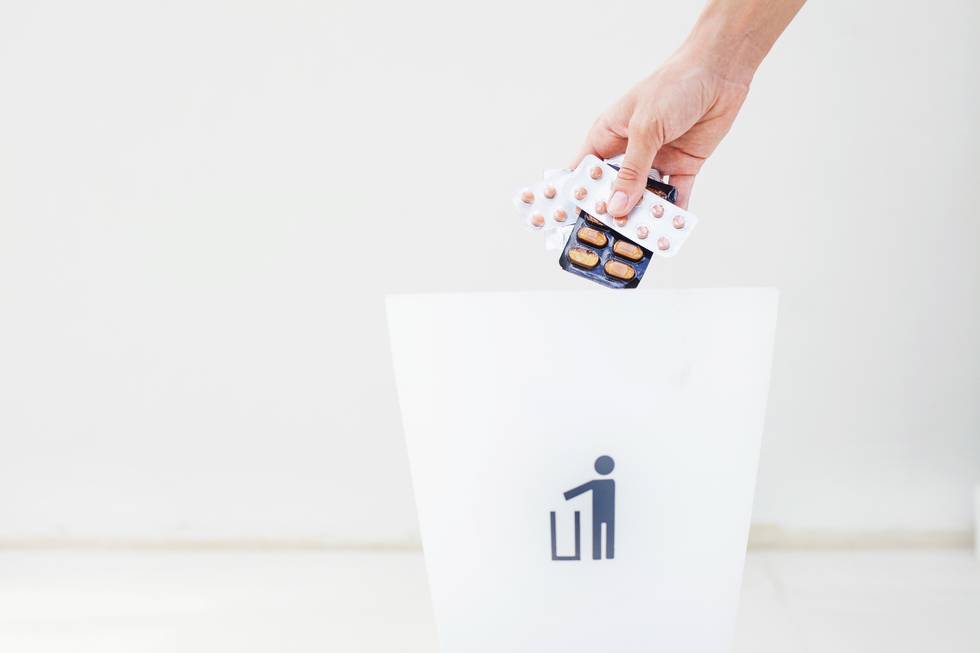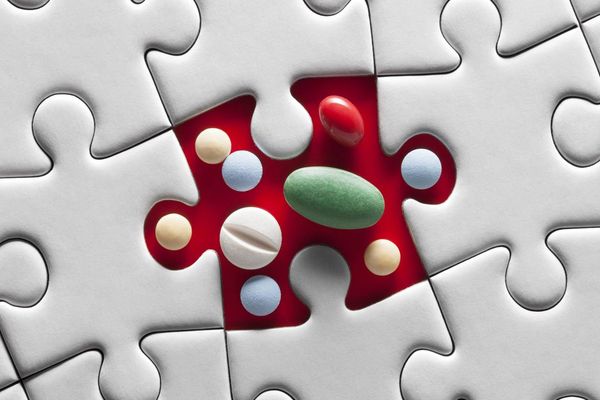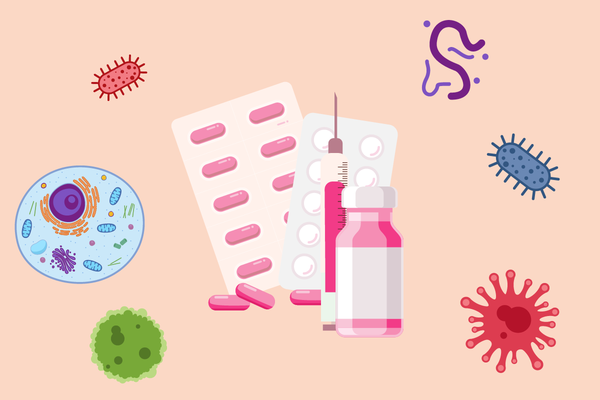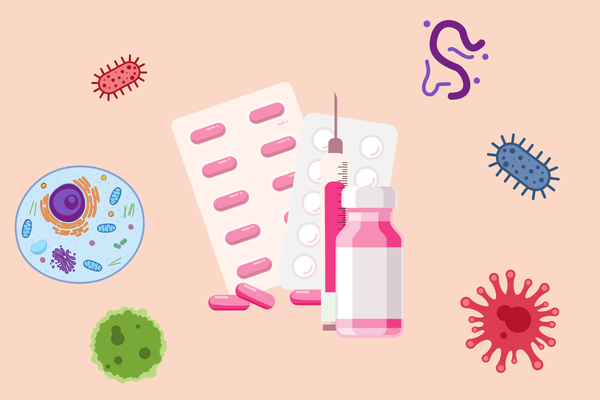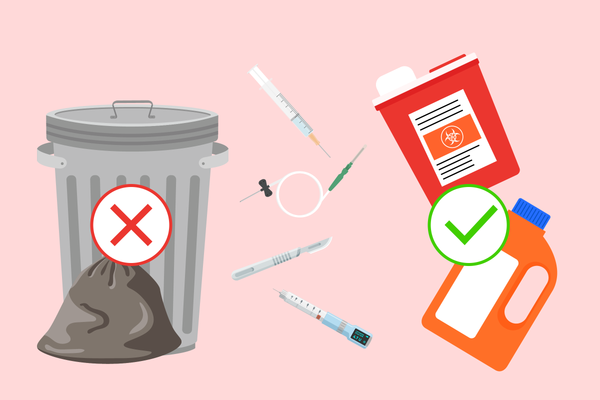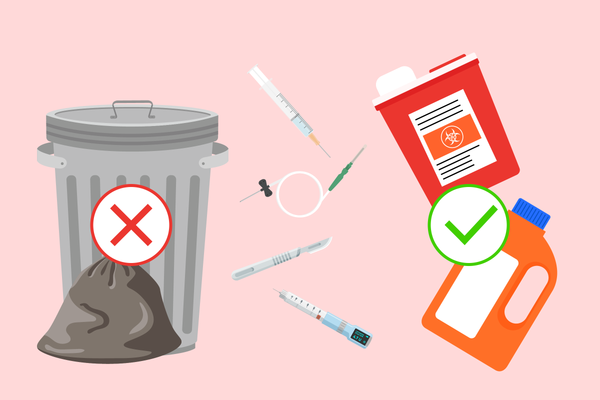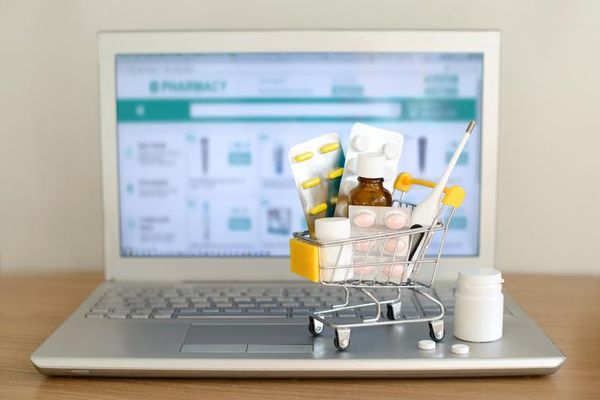By Vivian Manning-Schaffel
It's happened to us all: We receive a prescription for pain medication and the pain eases before we finish the bottle—or we're prescribed something that doesn't agree with us and we have to switch meds.
What to do with the remaining pills? The right answer—rather than hoarding them or worse, giving them to someone else—is to dispose of them properly.
"The reason it's so important to dispose of your medication is it could get into the wrong hands," says Carmen Catizone, M.S., R.Ph., D.Ph., executive director of the National Association of Boards of Pharmacy, a nonprofit that promotes safe pharmacy practices for the benefit of consumers.
"Somebody could ingest them and then suffer some sort of adverse consequence," adds Catizone. "Having controlled substances or narcotics in the home is one of the primary ways young children become addicted to medication."
The Allied Against Opioid Abuse agrees, noting that more than half of those who misuse prescription opioids get the medicine from a friend or relative for free.
And yet, a 2017 survey of six research studies found that unused opioids can be found among 67 percent to 92 percent of post-surgery patients. Even more startling: The studies found "low rates of anticipated or actual disposal" of these opioids.
Though it might require a few extra steps (or a trip to the pharmacy), safe medication disposal is now easier—and more important than ever—to do. To that end, here are there are three ways you can go about it:
Bring them to a pharmacy "take back" program
When considering where to dispose of your prescription meds, the first place to check is your local pharmacy. Many offer "take back" programs for unused prescription meds—or, depending on the medication, can provide you with a disposal kit that dissolves the meds or renders them unusable, so you can safely throw them away.
The National Association of Boards of Pharmacy's AWARxE Prescription Drug Safety page allows you to search for pharmacies with take back programs by zip code, so it's easy to find the one nearest to you.
Also, the federal Drug Enforcement Administration (DEA) hosts "take back" events, offering a collection search engine of Controlled Substance Public Disposal Locations. Just plug in your zip code to find the nearest location.
See if it's on the "high-risk" flush list
Some medications can be extremely harmful—even fatal—to those who don't have a prescription. Fentanyl patches, for example, can even be harmful if touched.
To aid in their disposal (in lieu of a convenient take-back program) the Food and Drug Administration (FDA) has gathered a high-risk flush list to help consumers determine whether their medication can be flushed down the toilet in the interest of a hasty disposal.
Concerned about contamination? The FDA says the risk is minimal compared to the damage these drugs can cause in the wrong hands. Plus, Catizone says to consider that a lot of these meds are excreted and flushed anyway.
Mix them with cat litter or dirt and throw them away (unless they're on the flush list)
If a medication you've been prescribed isn't considered high-risk, Catizone recommends mixing the meds (don't crush them) with dirt or cat litter (so no one would want to fish them out). Then place them in a sealed baggie and toss them out in your household trash.
If you go this route, make sure to block out any personal information with a Sharpie before tossing out the pill bottle to avoid fraudulent activity or even worse, identity theft.
Remember too that even if your meds aren't considered a controlled substance, saving them isn't the best bet for future use. "If it's something like eye drops, mishandling the package, or storing the item incorrectly can affect the quality of the medication," says Catizone. "Medication has to be stored correctly to be rendered effective."

